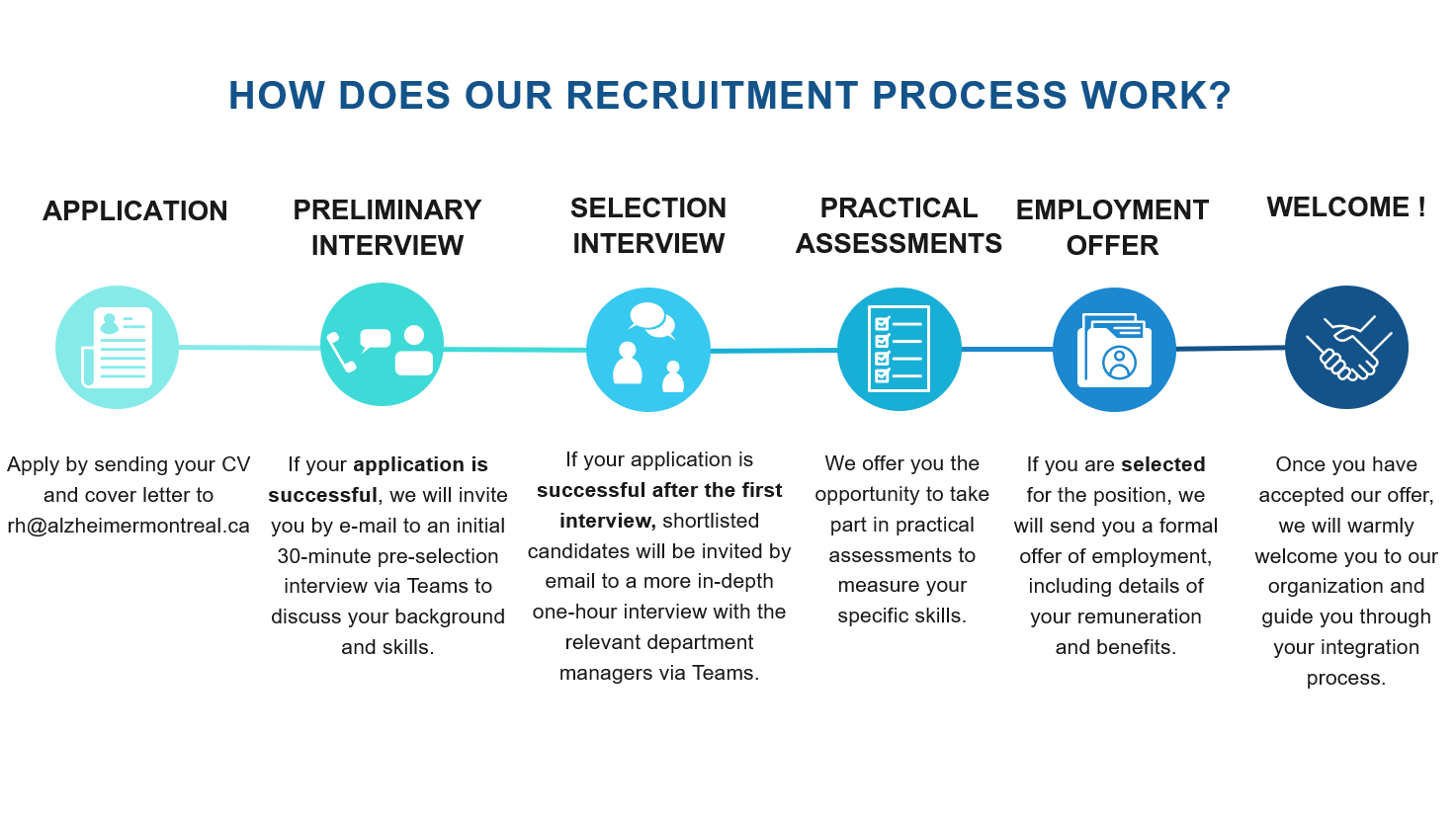Driving retirement and dementia – what to expect
Driving retirement and dementia – what to expect

The federal government’s recent report to parliament on Canada’s National Dementia Strategy showed that 63% of Canadians are concerned they may develop dementia, with the key fear being what the future holds. Driving is very much tied to this.
It is projected that by 2050, 1.7 million Canadians will be living with dementia, almost two-thirds of these will be women. It is hard to fully describe how essential driving has become tied to personhood, social engagement and independence, particularly in North America with our wide geography and often substandard (or complete lack of) public transportation.
Unlike in the US, in Canada, a diagnosis of dementia does not automatically mean losing your license. In fact, 28% of Canadians 65+ diagnosed with dementia continued to have a driving license. However, there is no getting around the progression of dementia. The risk of a vehicle accident is 2 to 8x higher for those with dementia and following the onset of dementia, the risk of an accident doubles every 5 years.
Women are more socially connected, how to maintain this and what to expect
The importance of keeping socially connected in the wake of dementia diagnosis cannot be overstated, particularly for women who tend to be more connected with families, friends and their communities. Let’s talk through what to expect should you receive a diagnosis of dementia and what it takes to maintain your independence and stay socially engaged.
If you receive a diagnosis of dementia, your physician can provide more information about what stage of dementia you are at. If you are at the early stage, they will conduct a screening to better understand how dementia may impact your driving, asking about your driving use and history. They will also want to assess your vision, psychomotor ability, other health conditions and medication use which can all affect your ability to drive. Their goal is to ensure your safety.
Guidelines created by experts in the field, recommend repeat assessments of driving safety for early stage dementia. If there is significant decline or progression with your dementia, your physician will likely recommend your driving safety is assessed every 6 months. If they still have concerns, they may refer you to your local multidisciplinary dementia assessment site where an Occupational Therapist can assist. They may sometimes require a comprehensive driving evaluation by a specialist. This is both an in office testing and on road assessment, which comes at a cost to you as the patient. However, for those with moderate to severe dementia, driving is considered unsafe and the doctor will recommend you stop.
Plan for driving retirement, not social retirement – it’s a shift in mindset
It’s important to recognize that the earlier you begin having conversations with your physician about your driving, the better prepared you can be. No physician relishes the idea of having someone’s license suspended, but they are legally obligated to notify the provincial registrar if a patient continues to drive after being warned not to. So what can you do in this scenario?
Plan for driving retirement, but not social retirement. The cost of maintaining a car is $8000 to $20,000 in Quebec, along with the stress of difficult driving conditions during the winter. Instead, use those funds to open up a “travel account”. Plan together with trusted family members for regular transportation, consider Lyft, Uber and other taxi options in which a set amount can be deposited yearly and drawn down for use. Schedule regular accessibility public transport options, commuting with a friend and consider home delivery of groceries if available, and hosting regular social events at your home so that you don’t have to travel often.
Perhaps the best way to think about driving is as a privilege we all have to earn and eventually, as with work, we earn the privilege of not having to drive ourselves around. It requires a shift in mindset. But staying connected with family and your community, maintaining your independence and personhood is a right that doesn’t disappear with dementia. We would do well to support it.
Written by: Dr. Saskia Sivananthan is an Affiliate Professor in the Department of Family Medicine at McGill University and was formerly the Chief Research Officer for the Alzheimer Society of Canada.








